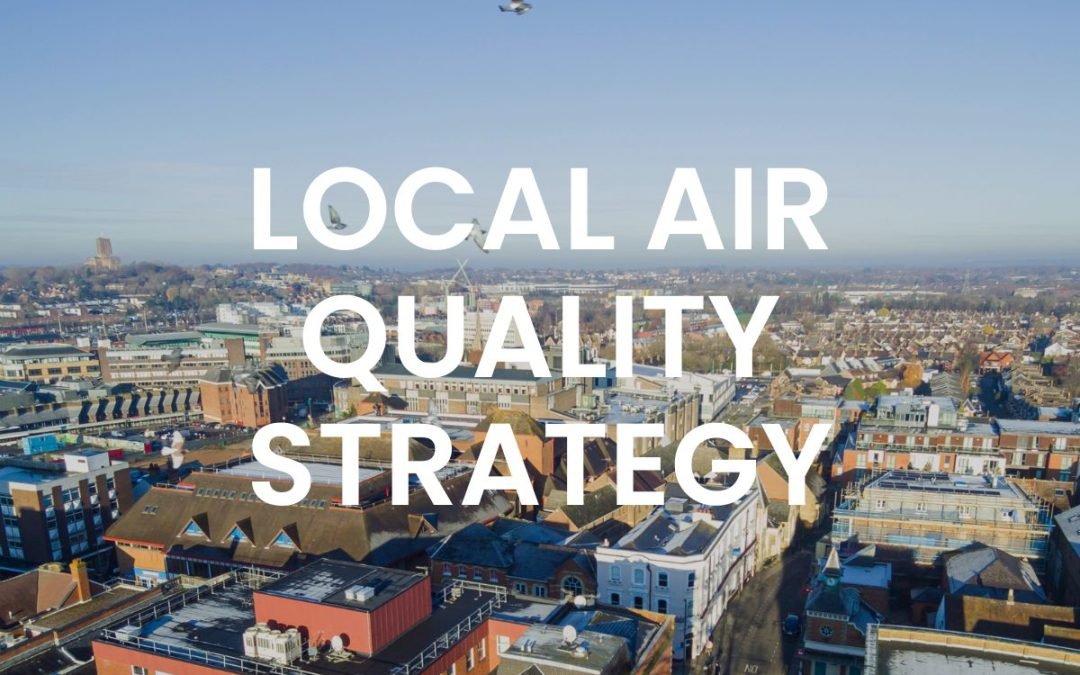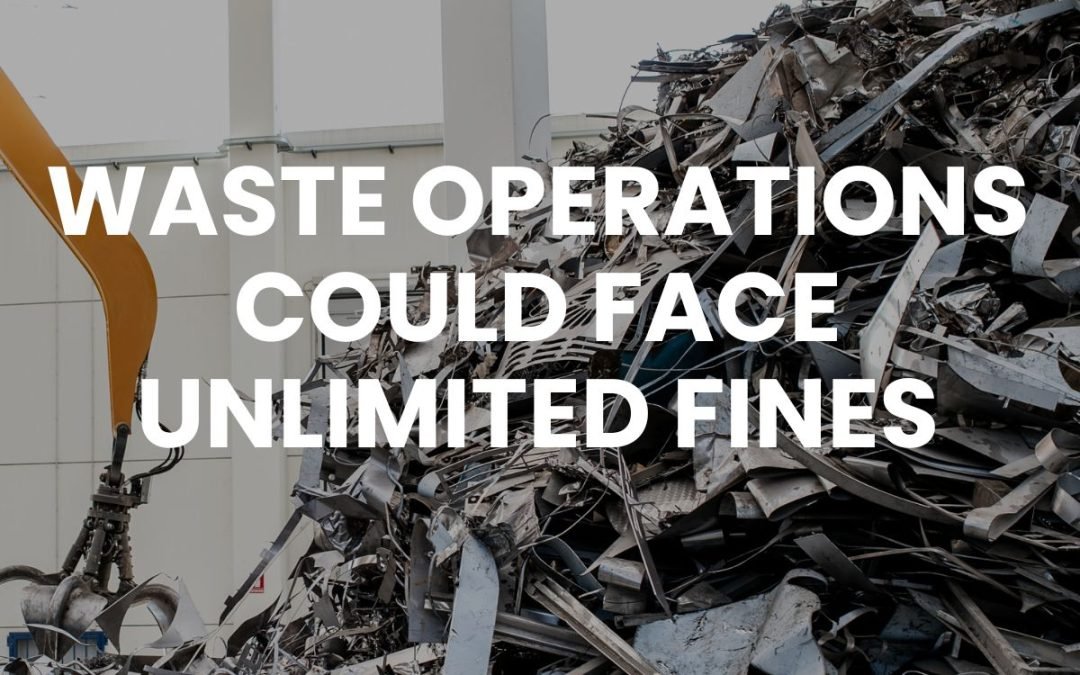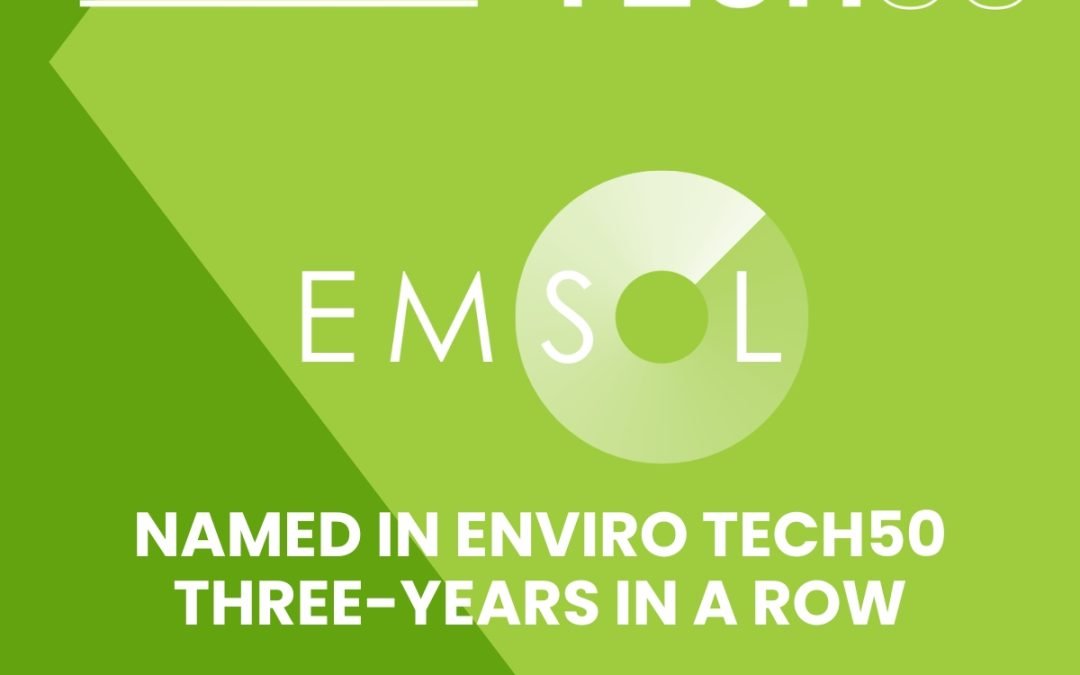The Times, reported on a recent PwC report which warned that “big business is greenwashing its environmental credentials”.
This is an issue we have highlighted already following a greenwashing crackdown from the UK’s Competition & Markets Authority (CMA) and European Commission.
The CMA found that 40% of green claims could be misleading while 42% of “green” claims in Europe were believed to be “exaggerated, false or deceptive with 59% failing to provide evidence of their claims.
But why greenwash?
Businesses are incentivised to promote their green credentials as there is evidence it helps improve sales, customer preference, and brand reputation. However, the common idea behind greenwashing is that it is a deliberate and deceptive attempt to profit. But is this the whole truth and could bad data play a role?
There are going to be cases where brands are deliberately misleading consumers and the CMA crackdown will rightfully call out these. Fundamentally the only way to know if a claim is correct is to test it objectively using data.
This means if the company and its sustainability team is relying on inaccurate, historical, untargeted, or even estimated data they aren’t capturing the whole truth. It is fair to say that bad data can damage a company’s reputation, “an over-reliance on statistical models and assumptions — as well as wild estimates of emissions from companies’ suppliers or customers — fuelled mistrust in the quality of the data and threatened to undermine climate targets.’ (Times)
Collecting quality data isn’t easy!
How do you collect data on the performance of your own vehicle fleet, nevermind third-party suppliers. In other words, companies are left guessing about the impact of vehicles transiting their site or making deliveries.
This problem is in need of a solution as companies have been championing their Scope 3 reduction targets. In other words, their aim is to reduce pollution from the supply chain. If you cannot monitor the supply chain, you can’t measure it, and you have no way of validating or evidencing the reduction. These claims rely heavily on estimates and self-reporting of suppliers. This opens the door to poor data and false claims.
Investing in data
A company requires quality data if it is going to use it for investment decisions. As Maxine Bédat, founder and director of the New Standard Institute, says. “It’s always shocking to look up and see how little we invest in actual research before jumping to conclusions that we should be doing X, Y, and Z, or saying cotton is the best or the worst thing”.
As environmental data begins to drive more decision making across businesses, the obvious conclusion is that poor data leads to poor outcomes. For example, more organisations are putting a price on carbon, so errors in greenhouse gas accounting may have real financial consequences. There are some clear examples where this has happened to the cost of the companies involved.
While regulators have caught on to the risks of greenwashing and aim to crack down on the marketing side, so have financial institutions – leading to deeper analysis of environmental disclosures and ESG reporting.
Without good data, you end up greenwashing
For organisations that want to implement environmentally friendly policies and use their green positioning as a reputational asset, a 2019 study concludes that is “only honest and transparent communication about environmentally friendly behavior pays off. Telling half-lies about green activity does not prove to be significantly better than telling lies about it. Only a truly green positioning can be beneficial”. Getting the right data is essential.
Our hope here is not to call out companies for malicious and evil practices, simply to suggest that a reliance on poor data will hinder sustainability efforts. Exbulletin talks about how this could affect the Fashion industry saying “Without good data, you end up greenwashing”.
An investment in sustainability targets requires an investment in the reporting and measurement tools to ensure targets are met.
At EMSOL, we focus on accurate real-time pollution data. You don’t need to be an expert to reduce pollution, instead of staring at complex charts EMSOL allows you to surface key instantly – simplifying your approach to reducing pollution. This allows you to monitor, act, and evidence – backing up your green credentials with data!





